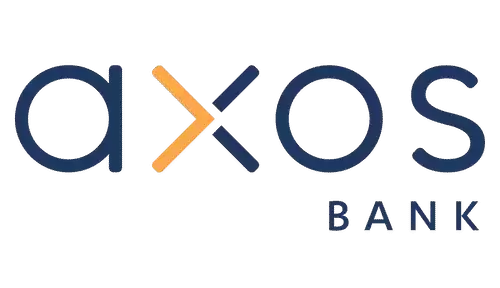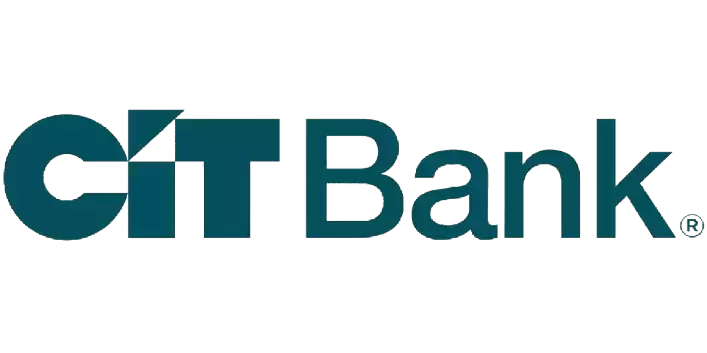An emergency fund is a pot of money that you have earmarked and separated from your other accounts to be used solely for just that – emergencies.
Establishing an emergency savings fund now can have a huge payoff later. It’s not a vacation fund, it’s not a down payment fund, it's for emergencies like if your car needs urgent repairs, as well as in more serious emergencies such as illness or losing your job.
There will be countless times in your life when large expenses come out of the blue, and you don’t want to get blind-sided when they do. Your emergency savings fund is your rainy day fund. You can also think of it as your piece-of-mind fund.
Should your washing machine lose its mind while you’re at work one day, leaking water all over the place and you come home to a swimming pool in your living room, think of your emergency fund as your paddle.
Why is an emergency fund so important?
Too often as a society do we fall into the trap of being ill-prepared for unanticipated financial burdens. Out of necessity and desperation, we turn to credit cards and personal loans to cover the costs that we didn’t see coming. While credit cards and loans have their purposes, we have become overly dependent on them, and this dependence coupled with high-interest rates keep us bound to the mounting debt around us.
This is the main reason having an emergency fund is so important – to enable us to cover unforeseen expenses without accruing additional debt and without breaking the bank.
Size of an emergency fund?
There are two schools of thought on what is considered a “fully funded” emergency fund. It can either be determined by 3-6 times your average monthly expenses or 3-6 times your gross monthly salary. Some will argue that it’s more accurate to use average monthly expenses because that will tell you what you would actually need month to month. This is true, but I advocate for using gross monthly salary for several reasons.
First off, unless you keep a monthly budget down to the dollars and dimes, your estimate of expenses will likely be very far off what you actually spend in a month (Starbucks and happy hours start to add up!). In addition, using gross monthly salary builds in a buffer on top of what you actually spend each month (assuming you spend less than you make in a month). This buffer may come in handy if you really need to stretch your money due to some unforeseen events down the road.
It's All Relative
The next question you should be asking yourself: is it 3x, is it 6x, or is it somewhere in the middle? The answer is, it depends. And it depends on several factors.
How secure is your current job? Do you anticipate switching careers in the next few years and have a period of time where you are job hunting? If you have a car, how old is it? Do you engage in high-risk leisure activities? How about your parents, do they in any way or have a family of your own? Do you own a home?

If you’re single, living in an apartment, have a secure job, and only play the occasional recreational sports, then you’ll likely only need something near the 3x mark.
If you may be leaving your job in the near future, have an older car that may require large scale maintenance at any moment to keep it alive, own a home that may require unforeseen repairs or remodeling, and frequently engage in base jumping (medical bills are not cheap!), then you’ll likely aim for the 6x mark.
The bottom line is that somewhere in that range is the sweet spot for you and its dependent on your individual circumstances; this is something your financial professional can help you determine. Keep in mind, this will change as your circumstances change over time, so it should be reassessed at least once a year.
Where to put your emergency fund?
Your emergency fund needs to be easily accessible, but separate and distinct from your primary checking account. This is to limit the temptation to tap into it for everyday expenses. One option is to open a savings account solely for your emergency fund. If you shop around a bit you can easily find a free online high-yield savings account that will earn you ~2.0% in interest annually.
As far as savings accounts go, this is about the best you can do. The upside here is that the account is FDIC insured, meaning you can’t lose money in the account. On the downside, with inflation where it is today this account is not going to keep up, so the spending power of your money will degrade over time.
If you are looking for a new savings account, check out our below our most updated 2021 list of the best saving accounts available to you.
Compare the Best Savings Accounts
|
Rating:
5.0
|
Rating:
4.7
|
Rating:
4.5
|
|
|
|
- Earn up to 4.66% APY with no monthly fees or minimum balance requirements
- Get your money up to 2 days early
- FDIC Insured
- Earn up to 4.00% APY on balances of $5,000 or more (no monthly fees)
- 24/7 online access to your account and funds
- FDIC Insured
- Earn up to a $325 bonus and up to 3.80% APY on your money (no monthly fees)
- Get your paycheck up to two days early
- FDIC insurance up to $2 million
Another option would be to put your emergency fund into a money market fund (aka money market mutual fund). Click here to learn more about this option.
A third option would be to consider an asset allocation fund, which provides a portfolio with a mix of stocks, bonds, and cash equivalents. Similar to a money market fund, this option is not FDIC insured, so the account can lose value, but provides the opportunity for higher gains depending on the risk-budget and ratio of stocks/bonds/cash equivalents.
Over the past 10 years, inflation rates in the US have fluctuated from -2.1% to 5.6% (according to www.usinflationcalculator.com), so for your emergency fund to have the ability to keep pace with the ever-changing inflation rates, this is an option to consider.
How to fund an emergency fund?
As with most millennials, you probably don’t have a lump sum of cash on hand to devote to fully funding your emergency fund up front. So, you’ll need to build one over time, and with overwhelming student loans, monthly bills, groceries, and having something left over to just live your life, this can seem like a daunting and seemingly unreasonable proposition. If that sounds like you then this may be the most important notion that you take from this article: saving money is habitual, and establishing good habits takes practice.
1. Make more money
Here are few resources for you can make some extra money, with the goal of saving it for your emergency fund:
- Fun and Easy Ways to Make Extra Money Today
- Smart Ways To Make $100 Every Day
- Epic List of 27 Side Gigs For Men
- Highest Paying Survey Sites That Actually Work & Pay Out via Paypal
Once you start raking in some extra income, save it. If you’ve never deliberately saved before, the key is to start small.
Let’s say $10/week. Split the year into 4 quarters and at the end of each quarter increase your weekly emergency fund allocation by $10.
You can do that, heck it’s only $10 more than you were saving before! So that’s $10/wk for the 1st quarter, $20/wk for the 2nd, $30/wk for the 3rd, and $40/wk for the 4th.
After one year you will have saved $1,300 ($10×13 + $20×13 + $30×13 + $40×13).
This is what I’d called a starter fund. From there, your goal is to grow that starter fund to a fully-funded emergency fund.
2. Momentum
Having spent the past year developing good habits in saving, you can use that momentum as a springboard to continue to save for the future. Challenge yourself to save more each week, knowing that the faster you grow your emergency fund, the faster you grow your piece-of-mind.
Once your emergency fund is fully funded, you can stop contributing! That is unless you have to tap into it for an emergency, which is why you started saving in the first place! After the emergency is taken care of, you’ll want to bring the fund back to its proper funding level. And since you’ve developed such great saving habits, that shouldn’t be hard to do.
Go build that emergency savings fund!
At one point or another, we all will have large expenses that we couldn’t have foreseen. It is important to have an emergency fund to cover these unanticipated financial burdens, and it’s imperative that it is properly funded so we can tackle these burdens without taking on additional debt from a credit card or personal loan.
A fully funded emergency fund should be in the range of 3-6 months’ gross salary; there are several places to consider storing it, and it must be readily accessible. Regardless of your starting point, regardless of how much you can save per week, you should start saving and start now. There’s no time like the present!











